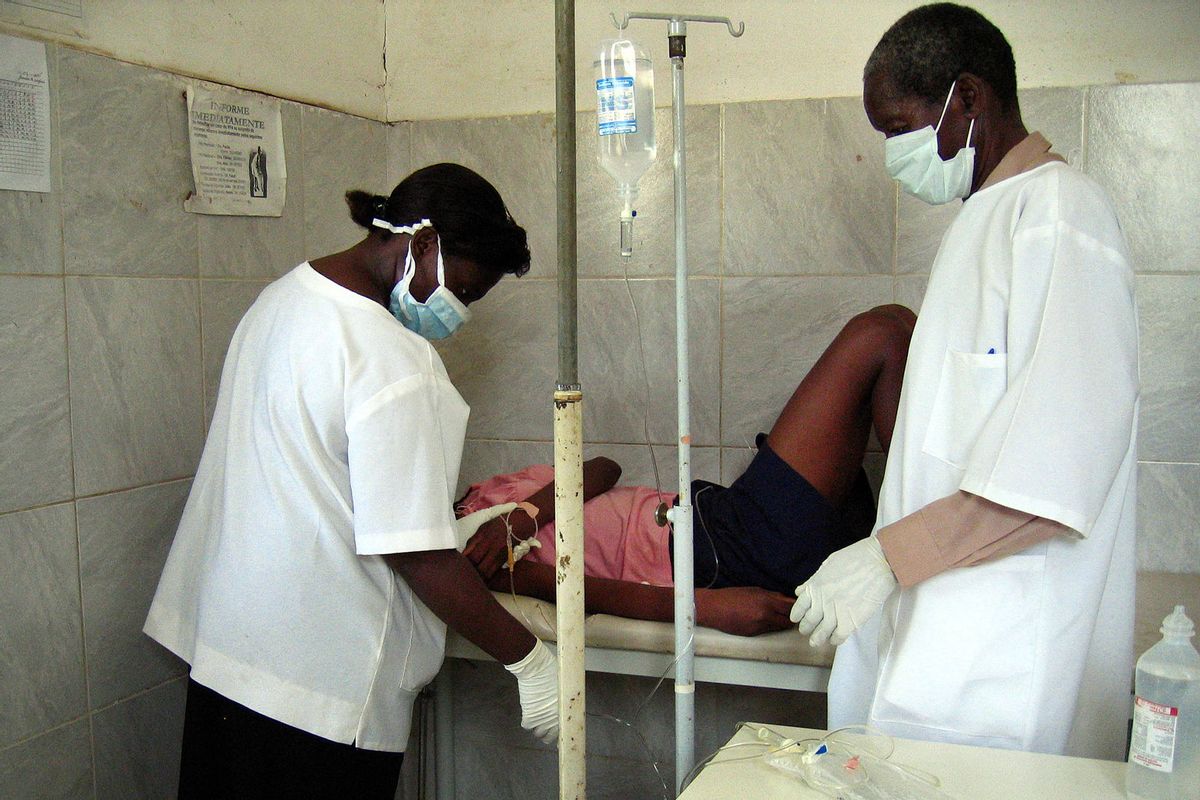Rwandan health authorities are working to control an outbreak of Marburg virus, a hemorrhagic disease in the same family as Ebola, that is spreading across the country.
As of Oct. 1, Rwanda’s Ministry of Health reported 36 confirmed cases and 11 deaths due to the virus, which spreads between people through close contact as well as contact with surfaces that have been contaminated with bodily fluids. It is not an airborne virus like COVID-19, but it has a far higher death rate: as high as 88% with no vaccine or treatment.
Jennifer McQuiston, the deputy director of the division at the U.S. Centers for Disease Control and Prevention (CDC) that studies lethal viral diseases, told NPR that the speed at which more than two dozen patients were diagnosed was of particular concern, because it can take up to 21 days before people start feeling symptoms — meaning there could be far more cases forthcoming.
“We're concerned about the number of cases that got diagnosed very quickly,” she said. “That indicates to us it's probably been circulating for a few weeks.”
There have been at least 15 prior Marburg outbreaks globally, but these usually occur in remote places. The virus originates in Egyptian fruit bats who live in caves, although some think it can transfer to other animals and then spread to humans. In the original 1967 outbreak in Marburg, Germany, scientists got the Marburg virus from working with monkeys in Africa.
This is the first Marburg outbreak in Rwanda, where 70% of cases have been diagnosed in health care workers from two facilities in the capital city of Kigali. Although Rwanda has a robust health system to track and respond to the outbreak, some are concerned that the virus has landed in a metropolitan area, where it could potentially spread to more people. Meanwhile in Europe, it was reported Wednesday that two people have been hospitalised with the suspected Marburg virus in Hamburg, Germany. At least one patient had returned from treating patients with infectious diseases abroad, according to German authorities.
The World Health Organization and the CDC have stepped in to offer assistance in helping to control the outbreak. The WHO classified Rwanda’s national risk from the outbreak as very high and the global risk as low. Nonetheless, the WHO’s Rwanda representative Dr. Brian Chirombo said in a press conference Sunday that he believes the country has “the capacity and the ability to stop this outbreak very quickly.”



Shares